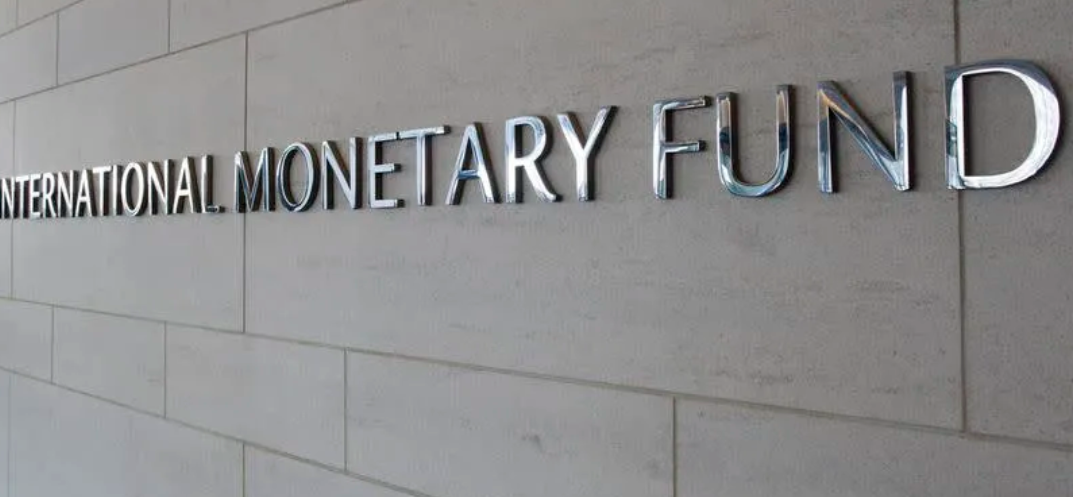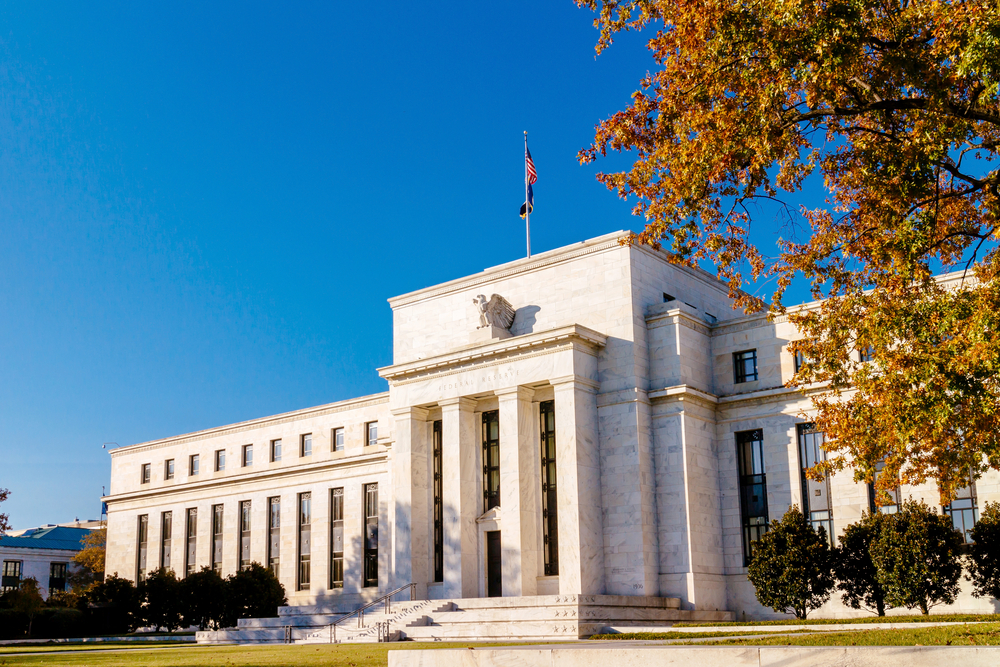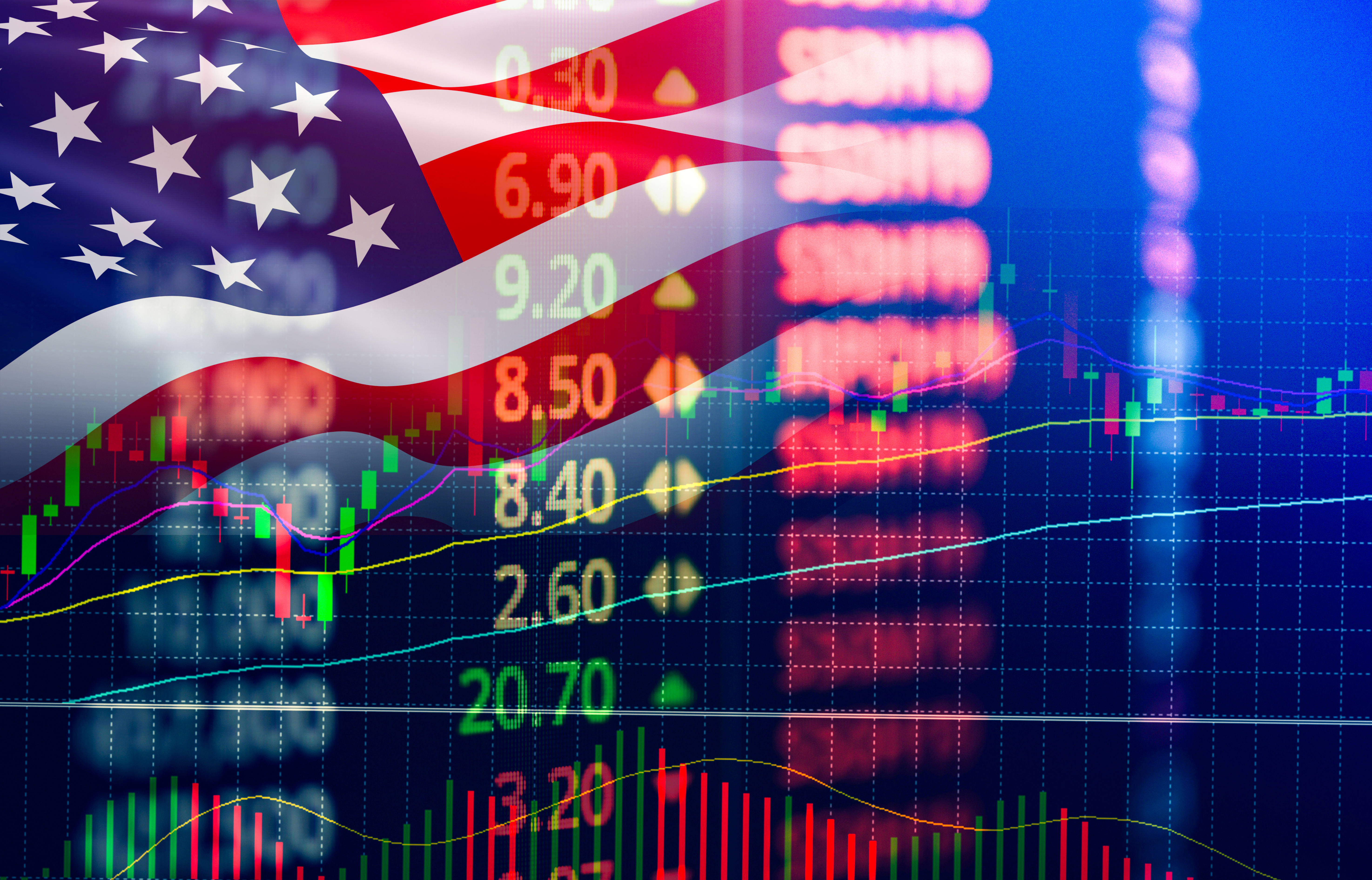Important Notes from the International Monetary Fund
While uncertainties in the global economic outlook are getting complicated due to the balance of growth and inflation as consequences of the delta variant, a highly important report was released by the International Monetary Fund (IMF).
According to the Financial Stability Report, the world continues to navigate the pandemic, financial stability risks have been contained so far thanks to the ongoing policy support. But financial vulnerabilities remain elevated in several sectors. Concerns about upside risks to the inflation outlook persist and asset valuations are stretched in some market segments. Emerging and frontier markets continue to face large financing needs amid higher funding costs. Risks are also rising at some non-bank financial institutions as they reach for yield to meet return targets.
Noting that there are a lot of uncertainties about the economic outlook, the report noted that societies are facing the challenges of Covid-19, the cryptocurrency market and climate changes, while investors are becoming increasingly skeptical about the financial outlook.
The IMF, which lowered its forecast for global GDP economic growth from 6 percent to 5.9 percent for 2021, kept it at 4.9 percent for 2022, while reducing the growth expectation for China, which is the world's largest exporter, from 8.1 percent to 8.0 percent for this year and from 5.7 percent to 5.6 percent for next year.
The IMF lowered its growth expectation for the US economy, which is the focus of the markets, from 7 percent to 6 percent for 2021, and added that it had also increased its growth expectation for 2022 from 4.9 percent to 5.2 percent.
IMF Chief Economist Gita Gopinath stated that the global recovery is continuing, but the pace of recovery is negatively affected by the pandemic, warning that particular caution should be implemented against possible supply shocks.
Noting that the risks related to economic growth in general are increasing and that the spread of Covid-19 variants faster than vaccination is one of these risks, Gopinath further pointed out that the policy balance is becoming more complicated, as well as being free from stagflation.





